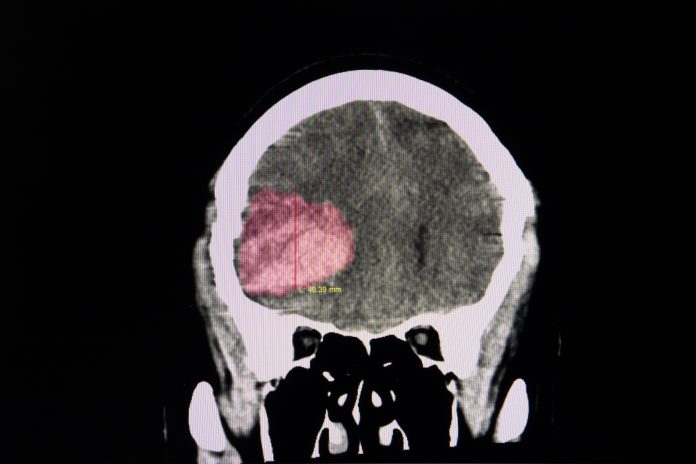The safety committee of the European Medicines Agency (EMA) said the investigation did not prove that AstraZeneca vaccinations cause blood clots – describing the possibility as an “extremely small likelihood”
The Pharmacovigilance Risk Assessment Committee (PRAC) yesterday (18 March) announced the highly-anticipated results of their investigation into AstraZeneca, as many EU countries suspended use of the vaccine over blood clot fears.
Three days ago, the EMA said that AstraZeneca should still be in use while they conclude their investigative work.
There have been 25 reported medical issues of blood clots out of 20 million individuals vaccinated. Individuals have spoken up about birth control, which has an increased and widely recognised potential to cause blood clots.
The team worked with blood experts and focused on the connection between AstraZeneca vaccines and reports of blood clots, mining through the available data. They found no connection between AstraZeneca and blood clots.
They will continue to investigate the incidents in younger individuals, and suggested that anybody who experienced adverse effects get a healthcare professional’s opinion.
On 11 February, 2021, the World Health Organisation recommended the use of the AstraZeneca vaccine in all age-groups.
The PRAC said that most of the nine deaths across the European bloc occurred in women aged under 55. The EMA explained in a statement: “Because these events are rare, and COVID-19 itself often causes blood clotting disorders in patients, it is difficult to estimate a background rate for these events in people who have not had the vaccine.”
Blood clots can lead to deep vein thrombosis (DVT), which is when a blood clot forms deep in the body and can lead to serious internal damage or death if left untreated. But COVID-19 itself can cause blood clots, including organ failure and proven rates of death – which has led to medical authorities in the EU and UK to suggest that populations continue to be vaccinated.
Speaking at a press conference yesterday, UK Prime Minister Boris Johnson said: “The Oxford and AstraZeneca jab is safe and the Pfizer jab is safe. The thing that isn’t safe is catching COVID.”
The PRAC say that the vaccine’s value to protecting populations from hospitalisation and death outweighs “the extremely small likelihood” of developing a medical issue from a blood clot.
However, after this public feud over the blood clot issue, an emerging concern for healthcare leaders is increased vaccine hesitancy and nationalism.
Speaking to the NYT, Michael Breiden, a 53-year old night nurse in a psychiatric hospital in the western state of North Rhine-Westphalia, said: “The point is that we have a German-made product that is the market leader, but we are not able to get it.”











